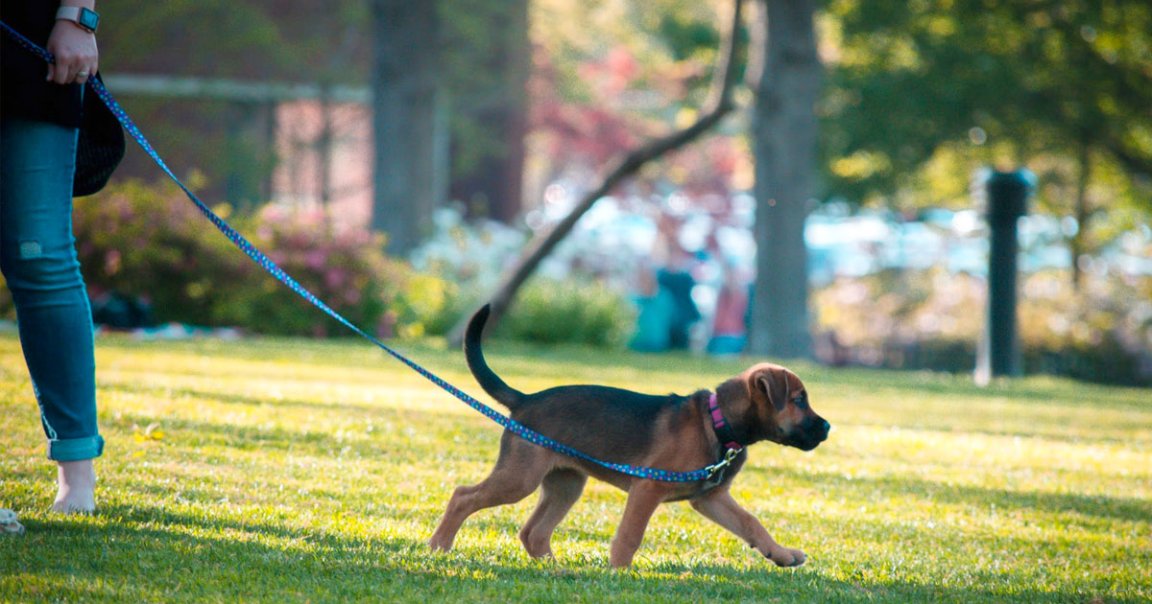
When the pandemic began, people immediately began worrying about their pets.
While scientists scrambled to learn as much as they could about the poorly-understood coronavirus, sporadic and reports of dogs and cats getting sick also made the news. The scientific community went back and forth for a while, but now New Scientist reports that experts seem increasingly confident that yes, pets can catch COVID-19.
What they still don’t know, unfortunately, is whether human-to-pet transmission is possible, or vice versa. And until they figure it out, doctors recommend keeping cats indoors, not petting other peoples’ animals, and avoiding your pets entirely if you test positive for COVID-19.
“No petting, no kissing and let someone else take care of their feeding and grooming,” City University of Hong Kong veterinarian Angel Almendros told New Scientist.
That said, scientists expect that the risk of human-pet transmission is fairly low. But it’s hard to tell because there’s very little testing in place for animals. That said, some limited studies have found evidence of cats and dogs catching COVID-19 from people, like one preprint study that found cats in Wuhan animal hospitals to have coronavirus antibodies. Another study in the U.S. found three coronavirus-positive cats and one dog after testing the pets of 50 human patients.
“These are animals that are at high risk — they’re in contact with positive people,” lead researcher Sarah Hamer of Texas A&M University told New Scientist, “so the fact that we’ve only found four infected pets since we started in June suggests it’s not very common.”
But, unfortunately, small risks are still risks. And until doctors manage to figure out just how dangerous a sick pet is to their owner and the other way around, it makes more sense to stay cautious.